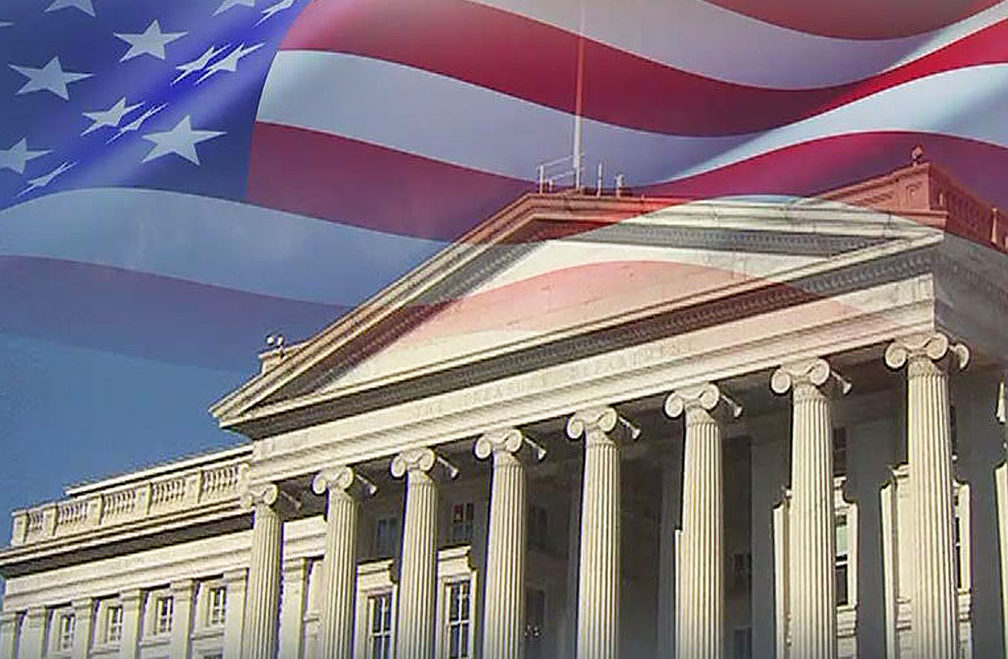The Trump government has removed India from its currency monitoring list of major trading partners.
Switzerland has also been removed from the United States’ currency monitoring list.

The United States government on May 28, has removed India from its currency monitoring list of key trading allies.
Switzerland has also been removed from the United States’ currency monitoring list.
Why did the United States remove Indian from its currency monitoring list?
It mentioned certain developments and steps being taken by the Indian Government which address some of its main apprehensions.
The US’ Treasury Department said in its semi-annual report on macroeconomic and foreign exchange policies of major trading partners of the United States, that India had met only 1 out of 3 criteria – a significant bilateral surplus with the US – for two consecutive reports.
According to the Trade Facilitation and Trade Enforcement Act of 2015, the U.S. Department of the Treasury must publish a semi-annual report in which the developments in international economic and exchange rate policies are reviewed.
If any of the U.S. trade partners meets the standards of the “1988 Act”, the Treasury Department must conduct an enhanced analysis.
The 3 assessment criteria are:
(1) a significant bilateral trade surplus with the United States is one that is at least $20 billion;
(2) a material current account surplus is one that is at least 3 percent of Gross Domestic Product (GDP); and
(3) persistent, one-sided intervention occurs when net purchases of foreign currency are conducted repeatedly and total at least 2 percent of an economy’s GDP over a 12-month period.
When a country meets all three specified criteria, the U.S. labels it as a currency manipulator and the U.S. shall try to solve this via bilateral negotiations (Act of 1988).


































































































